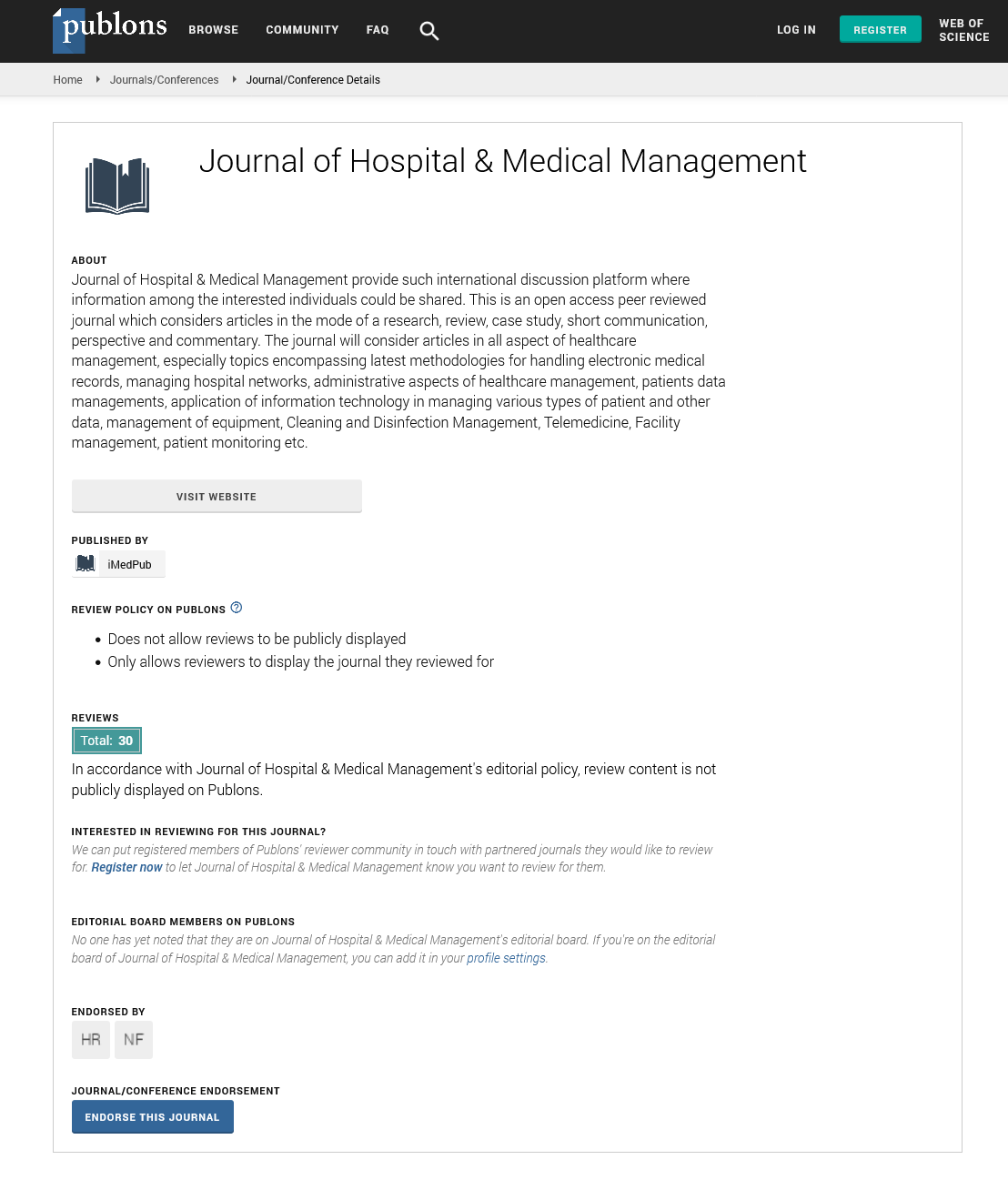Abstract
Analyzing the Shortcomings in Smart Healthcare for Remote Home Care: A Case Study of the Taiwan Market
In Taiwan, remote healthcare was initially limited to telemedicine services, and the systematic development of remote care was relatively delayed. It was not until 2007 that the Department of Health of the executive Yuan first initiated the 'Remote Care Pilot Program,' followed by the 'Remote Care Service Improvement and Quality Enhancement Plan' in the subsequent year. In 2010, Taiwan officially launched the 'Remote Health Care Services Development Plan' and established a dedicated project office, marking the comprehensive start-up of remote care services. This stage saw significant contributions from artificial intelligence aids and ICT remote transmission technologies, greatly promoting the application of smart healthcare in home care. This study aims to explore the strategic gaps in the application of smart healthcare in home remote care. By analyzing gaps in 'legal regulations,' 'economic factors,' 'user behavior habits,' 'policy and culture,' and 'environment and technology,' this study employs a mixed-methods approach. Particularly, it uses the Analytic Hierarchy Process (AHP) to construct a weighted ranking of these strategic gaps. Through in-depth interviews with doctors and smart healthcare experts and the collection of 16 valid AHP questionnaire samples, which cover both industry and academia with a balanced distribution, the survey results are ensured to be representative and reliable. The findings indicate that 'legal regulations' are considered the most critical strategic gap that needs to be addressed first, followed by 'user behavior habits.' This suggests that when designing smart healthcare applications, greater consideration needs to be given to user acceptance and habits. By systematically analyzing and addressing these strategic gaps, this study not only provides solutions to issues in the application of smart healthcare in home remote care but also offers valuable references for future research and practice, aiming to make home remote care services more comprehensive and efficient.
Author(s): Zhang Lee and Chen Yang
Abstract | Full-Text | PDF
Share this

Google scholar citation report
Citations : 319
Journal of Hospital & Medical Management received 319 citations as per google scholar report
Journal of Hospital & Medical Management peer review process verified at publons
Abstracted/Indexed in
- Google Scholar
- China National Knowledge Infrastructure (CNKI)
- WorldCat
- Publons
- International Committee of Medical Journal Editors (ICMJE)
Open Access Journals
- Aquaculture & Veterinary Science
- Chemistry & Chemical Sciences
- Clinical Sciences
- Engineering
- General Science
- Genetics & Molecular Biology
- Health Care & Nursing
- Immunology & Microbiology
- Materials Science
- Mathematics & Physics
- Medical Sciences
- Neurology & Psychiatry
- Oncology & Cancer Science
- Pharmaceutical Sciences


